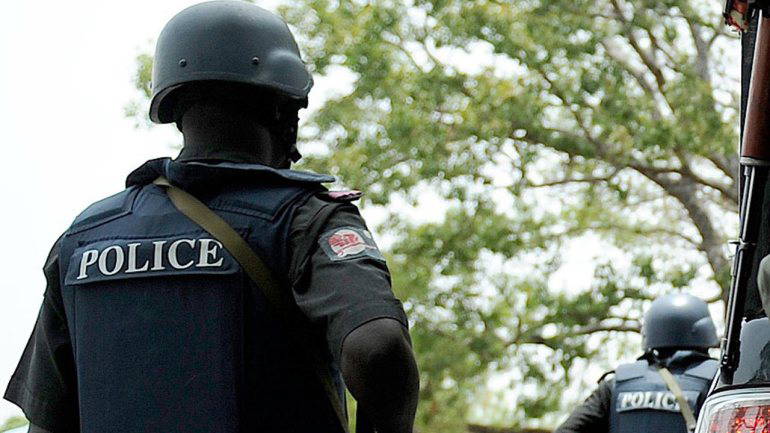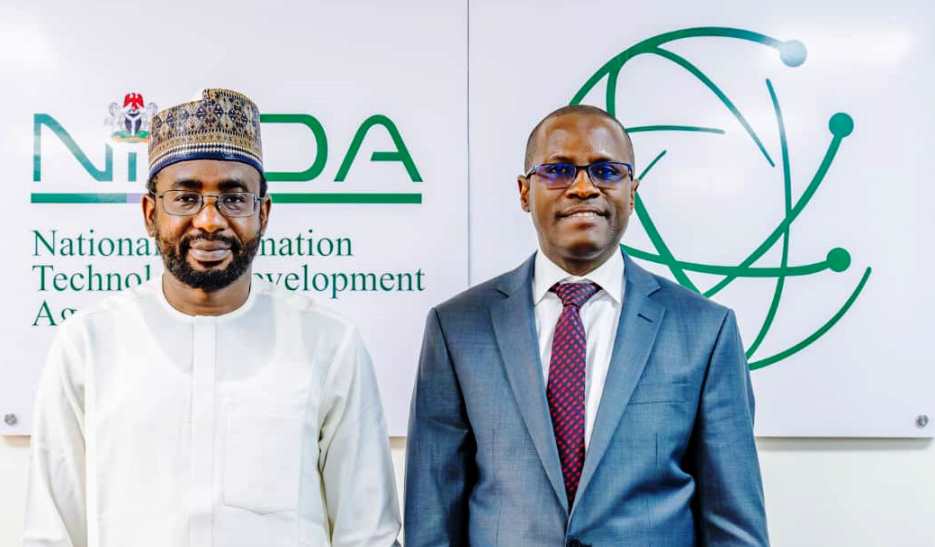Benue Police Defend Actions After Death of Suspect Philip Kpentuman, Launch Full Investigation
The Benue State Command of the Nigeria Police Force has come forward to set the record straight regarding the recent death of Philip Kpentuman, a man identified as a suspected armed robber who died while in police custody. Recent media reports and speculation swirling on social media alleged that Kpentuman’s death resulted from police brutality or extrajudicial action—a claim the police strongly deny.
Timeline of the Incident: What Happened to Philip Kpentuman?
According to an official statement issued Friday in Makurdi by Catherine Anene Edet, the spokesperson for the Benue State Police Command, the series of events began on 20 September. Operatives from Operation Zenda, a police tactical squad known for tackling violent crime in Benue, apprehended Kpentuman on that date during a targeted operation. The police subsequently carried out a search at his residence, as part of efforts to collect evidence and dismantle crime networks in the Makurdi metropolitan area.
Further details from the command reveal that after his apprehension, Kpentuman allegedly cooperated with officers and led them to a location at Tse-Tamen settlement in Ugondu, on the outskirts of Makurdi. There, the police say, they recovered a locally fabricated pistol and five live cartridges concealed in a nylon bag. The discovery appeared to reinforce police suspicions of his involvement in armed robbery or related criminal activity.
The Attempted Escape and Community Involvement
It was during the recovery operation, police allege, that Kpentuman requested permission to use the toilet. According to Edet, this request was a ruse: “He attempted to flee from police custody under the guise of wanting to ease himself,” she explained. Local youths from the surrounding community reportedly assisted police in re-arresting Kpentuman. Edet further disclosed that because of his reputation and alleged criminal activities, some residents nearly took the law into their own hands, attempting to lynch the suspect until officers intervened to protect him. This suggests heightened tensions between the public and suspected criminals, underlining the challenges police face in maintaining the rule of law amid strong emotions.
Death in Custody: Autopsy Ordered as Controversy Grows
Shortly after being saved from the mob, Kpentuman is said to have complained of intense bodily pain. Based on the official account, officers rushed him to Benue State University Teaching Hospital in Makurdi. Medical personnel attempted to provide care, but he was pronounced dead on arrival. In response to public scrutiny and calls for transparency, the Commissioner of Police for Benue, Emenari Ifeanyi, has directed that a full autopsy be conducted to determine the medical cause of death. “Our priority is the truth—whatever the autopsy reveals will guide further action,” Edet emphasized, striving to assure the public of their commitment to transparency and accountability.
Addressing Claims of Police Brutality and Extra-Judicial Killing
Amid accusations of excessive force, the Benue State Police Command categorically refuted any suggestions that Kpentuman’s death resulted from brutality or extrajudicial killing. “We strongly deny any wrongdoing. All police actions were focused on law enforcement and saving lives, especially given the volatile reaction from community members,” Edet asserted. She explained that protecting suspects—even those with criminal records—from mob action is a critical part of police work. Local rights advocates, however, have reminded authorities of the need for independent scrutiny in all cases of deaths in custody to help maintain public trust.
Community Tensions and Vigilantism: A Persistent Challenge
The incident has sparked renewed debate over the rise of vigilantism and community frustration with crime in Benue and the broader Middle Belt region. While some residents praised the police for preventing a lynching, others expressed skepticism about police conduct and the broader criminal justice system. Community leader Terna Akiga, from the Ugondu area, commented, “People are angry and tired of repeated attacks by suspected criminals. But we must trust that the police will investigate thoroughly and uphold justice on both sides.” His remarks reflect the tension that exists in many West African communities—balancing the demand for security with respect for suspects’ rights.
Comparative Perspective: Deaths in Custody Across Nigeria and West Africa
Nigeria, like several countries across West Africa, has experienced recurring incidents of deaths in police custody. According to statistics published by the National Human Rights Commission and international watchdogs like Amnesty International, such cases frequently spark public outcry and calls for reform. While many instances are investigated, some families and activists allege that justice is not always served. Analysts say the Kpentuman case underscores the urgent need for impartial investigations whenever fatalities occur in police custody, as well as improved training for officers in handling suspects—particularly during high-risk operations or community interventions.
Legal and Institutional Procedure: What Comes Next?
The Benue Police Command has stated that its State Criminal Investigation Department (SCID) has launched a comprehensive inquiry to establish the full circumstances behind Kpentuman’s death. Edet assured: “We are committed to uncovering the facts, and the outcome will be communicated to the public in due course.” The autopsy report, as well as findings from the internal investigation, are expected to be scrutinized by legal and civil society groups as part of a broader push for police reform and accountability. Legal experts note that, under the Nigerian Constitution and Police Act, deaths in custody must be transparently reported and independently reviewed. Should evidence of police misconduct emerge, officers could face administrative penalties or prosecution, depending on the severity of the findings.
Local and Global Impact: The Broader Significance
While this incident directly concerns a single suspect and a specific Nigerian police unit, its implications resonate far beyond Benue. Incidents involving law enforcement and alleged suspects can influence community trust, national policy debates, and, increasingly, international perceptions of Nigeria’s justice system. Nigerian authorities, with encouragement from international partners, continue to introduce reforms aimed at strengthening human rights and police oversight. However, many analysts argue that public trust will remain fragile until such reforms translate into consistent practice at the grassroots level.
Community Perspectives: Voices from Makurdi and Beyond
Residents and community leaders in Makurdi have called for calm and patience as investigations continue. Some local youth groups, previously at odds with police over alleged mistreatment, now urge constructive dialogue and transparent engagement with law enforcement officials. Mary Audu, a youth activist, remarked, “We want safer communities, but justice must be done for all—both alleged victims and those enforcing the law. Let’s allow the investigation to run its course and avoid jumping to conclusions.” Her call highlights the delicate balance between security and justice that communities across West Africa are striving to achieve.
Lessons and The Way Forward
Events like the death of Philip Kpentuman serve as a reminder of the importance of robust, accountable policing and the dangers associated with mob justice. They also highlight the necessity for ongoing dialogue between security agencies, civil society, and the wider public. For Benue State and Nigeria as a whole, the challenge is clear: Uphold justice, maintain public safety, and guarantee that the rights of all—suspects, victims, and communities—are protected.
What’s your perspective on the challenges faced by law enforcement and local communities in Nigeria today? How can authorities improve public trust and accountability while tackling crime? Drop your comments below and be part of the conversation!
We want to hear from you! Have your own story or a tip about policing, justice, or community issues in Nigeria, Ghana, or across West Africa? Help us amplify local voices and experiences. Email your story idea or contribution to story@nowahalazone.com for a chance to get published or sell your story!
For support and questions, reach us via support@nowahalazone.com.
Stay up to date and join our growing community on Facebook, X (Twitter), and Instagram. Share your thoughts, connect with others, and let’s work toward safer, more just communities together!










